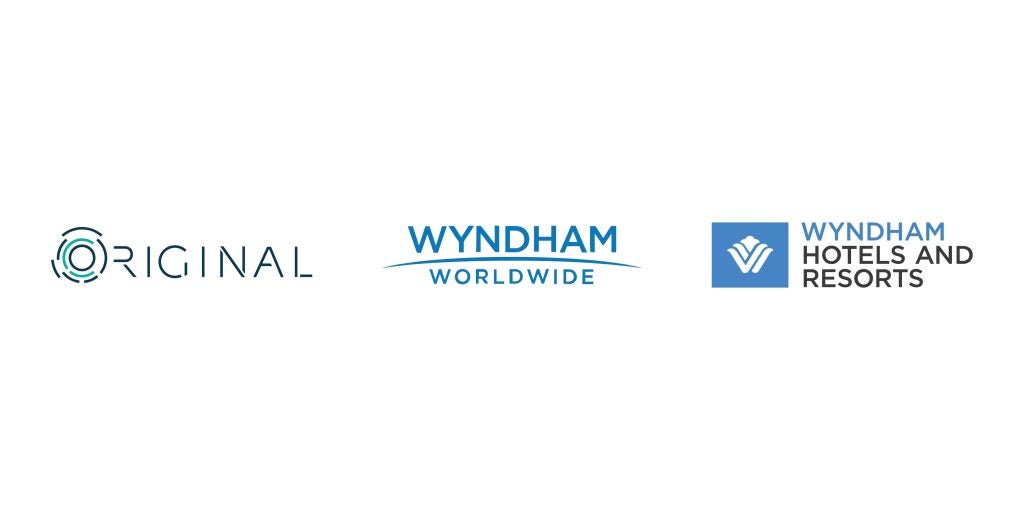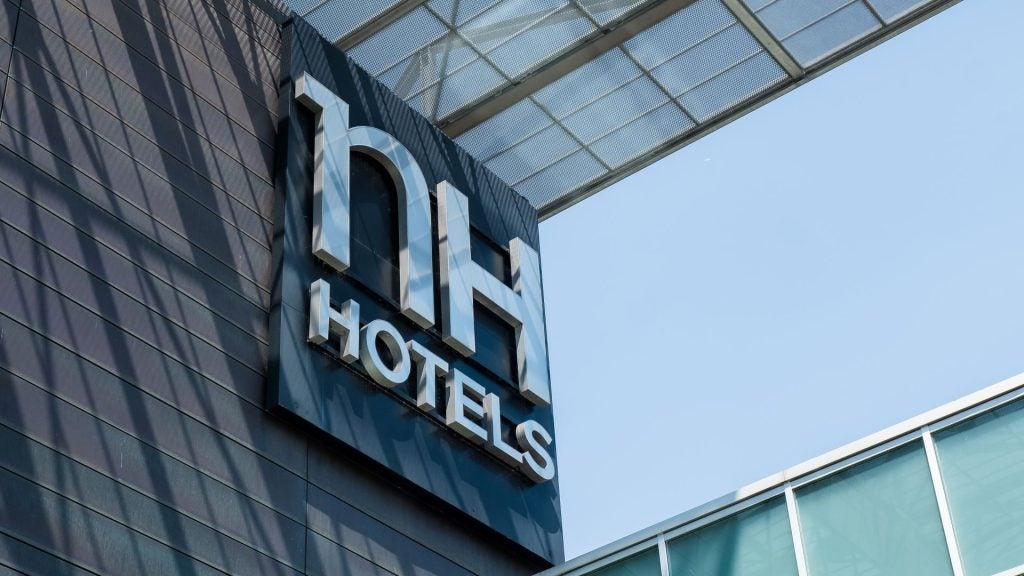In an interview with Frank Reeves, Chief Evangelist at SHR Group, we delve into the transformative role of artificial intelligence (AI) in the hotel industry and how it can leverage consumer data to personalise the Booking process and enhance overall guest satisfaction.
Reeves provided insights into the origins of Allora.ai, tracing back to his establishment of Avvio.com over 20 years ago in Ireland. Avvio.com initially focused on empowering hotels to enhance their direct channel or brand website, aiming to compete effectively with online travel agents (OTAs) like Booking.com and Expedia. Recognising the need for personalised e-commerce solutions in the hotel industry, Avvio.com launched Allora.ai in 2017, the world's first AI-powered booking engine. Avvio.com was acquired by SHR in 2022.
Understanding the guest journey
Reeves underscores the critical shift from traditional conversion-focused strategies to AI-driven personalisation. He emphasises the need for hotels to understand the guest journey beyond mere conversion rates and highlights that a hotel website needed to be more than just a digital brochure.
“Your Netflix is different from mine; your Amazon is different from mine. The world has moved on but why are we still stuck with this concept of a hotel website needing to just be like a brochure where there is nothing dynamic? There is nothing personalised, it is a brochure. It is a digital brochure with a plug-in booking engine and hotel strategy at that point seemed to just be shouting book direct at everybody.”
Through Allora, hotels can gain unprecedented insights into guest behaviour, allowing for dynamic engagement aligned with individual preferences and stages of the booking journey.
“What you ought to do is have a better understanding of what a typical guest journey looks like, and then ultimately design a way of engaging the guests by aligning with their journey, rather than just shouting book direct at everybody,” added Reeves.
Allora utilises vast datasets, from tracking visitor origins to predicting booking likelihood and enhancing content relevance, to discern nuanced patterns in guest behaviour, enabling hotels to tailor their offerings accordingly.
Through a live demonstration, Reeves displayed Allora’s capabilities in creating personalised guest journeys. The AI-driven recommender engine employs real-time data analysis, of visitor behaviour, preferences, and demographics, to comprehend guest journeys, providing personalised recommendations and marketing strategies tailored to individual preferences. From personalised room rates in preferred currencies to targeted reviews and promotions, Allora showcases the importance of delivering relevant content and offers to guests, fostering deeper connections, and driving higher conversion rates.
Predictive analytics for cancellation management
One of the critical challenges for hotels is managing cancellations effectively. Reeves discussed how AI-driven predictive analytics within Allora enables hotels to assess the risk of cancellations. Acknowledging the industry-wide challenge of flexi-cancellation policies, Reeves reveals how AI-driven risk profiling enables hotels to anticipate and mitigate cancellations effectively.
By analysing multiple data points, including guest demographics, booking history, and market trends, Allora identifies high-risk bookings and empowers hotels to proactively engage high-risk guests with targeted offers or incentives, reducing cancellation rates and maximising revenue opportunities.
“In order to acquire a guest, you need a hyper personalised way of engaging and booking but then you need the other side of that opportunity, which is the ability to predict and therefore reduce cancellations. If you can do those two things, you have got significantly more up your sleeve than your competitor hotels, who are just stuck on the brochure,” said Reeves.
AI-enhanced hotel ecosystem
Reeves outlines the future trajectory of AI in the hotel industry, envisioning a comprehensive ecosystem where AI seamlessly integrates with various hotel technologies, from internet booking engines to customer relationship management (CRM) systems and revenue management platforms. He underscores the synergistic potential of AI-driven enhancements across the hospitality spectrum, promising unparalleled guest experiences and revenue optimisation for forward-thinking hoteliers.
Allora offers a comprehensive suite of products, not solely aiding in personalisation of internet booking engines. Reeves believes that AI holds significant promise for enhancing operational efficiency within the hospitality sector and Allora is achieving this through an interconnected platform.
One notable area is revenue management, where AI-powered systems like Allora's Revenue Management System (RMS) can optimise pricing strategies to maximise profitability. Reeves notes that Allora has achieved an impressive 98% acceptance rate among hotels for its pricing recommendations, highlighting the potential for AI to streamline decision-making processes.
Future trends and challenges
Reeves identifies the potential for AI to disrupt the travel planning process, which he describes as currently cumbersome and time-consuming.
“There is, I think, considerable scope for AI to disrupt travel planning, which is a whole other side of hospitality than what the hotel has to actually deal with.”
By leveraging AI technologies, such as ChatGPT, travellers could receive personalised recommendations and streamline booking procedures, leading to a more efficient and user-friendly experience.
Additionally, advancements in AI-generated content are reshaping search engine algorithms, presenting opportunities for hotels to enhance their online visibility and attract more guests. Reeves referenced the dominance of online travel agencies (OTAs) in search results due to their extensive content, noting that better algorithms eventually favoured hotel websites providing more relevant information to users. He argued that hotels can effectively compete in this environment by offering competitive rates and direct booking incentives to consumers, thereby mitigating the risk of OTA dominance.
“Hotel websites didn't feature [in search] because all the OTAs had thousands of pages of content and you were just a single hotel. So, what happened over time, in a competitive market was when better algorithms actually started featuring hotels, those algorithms took over and they started winning the day,” said Reeves.
While the adoption of AI in the hospitality industry is gaining momentum, Reeves acknowledges that challenges and risks exist. He notes that hotels are increasingly recognising the importance of embracing AI technologies but emphasises the need for continued education and understanding among industry stakeholders.
“I think we're at a point now where hotels have a good understanding of this wave of disruption that's coming their way and the need to get started with understanding things like ChatGPT, generative AI, and what sort of prompts mean in this whole new world.”
Reeves outlines the future trajectory of AI in the hotel industry, envisioning a comprehensive ecosystem where AI seamlessly integrates with various hotel technologies, from internet booking engines to customer relationship management (CRM) systems and revenue management platforms. He underscores the synergistic potential of AI-driven enhancements across the hospitality spectrum, promising unparalleled guest experiences and revenue optimisation for forward-thinking hoteliers.
















